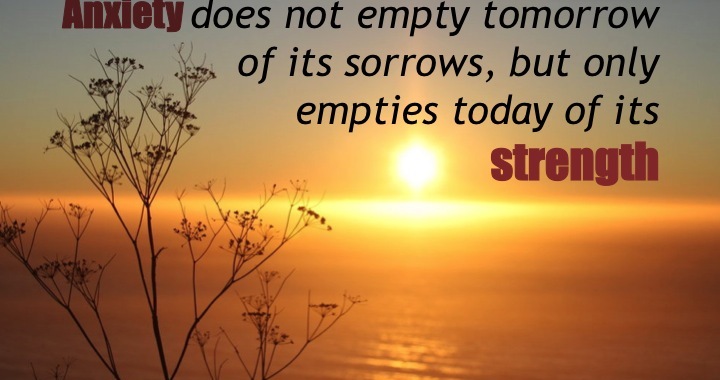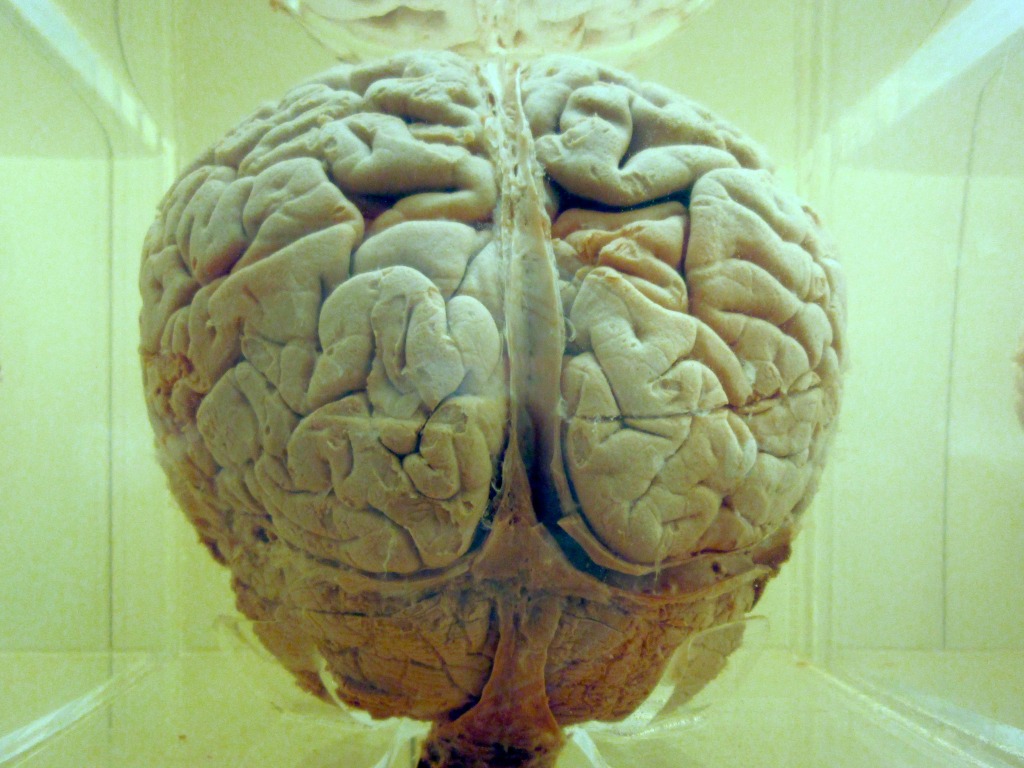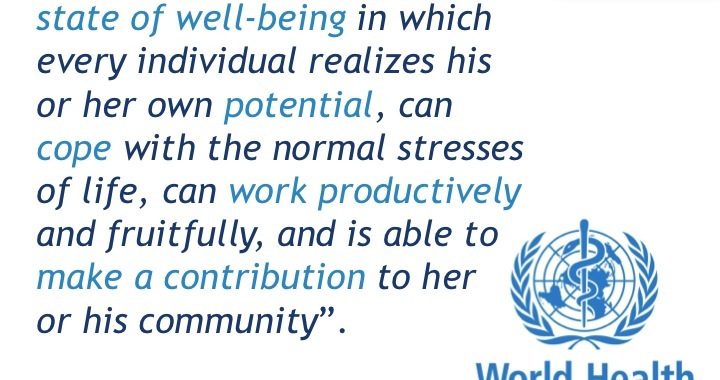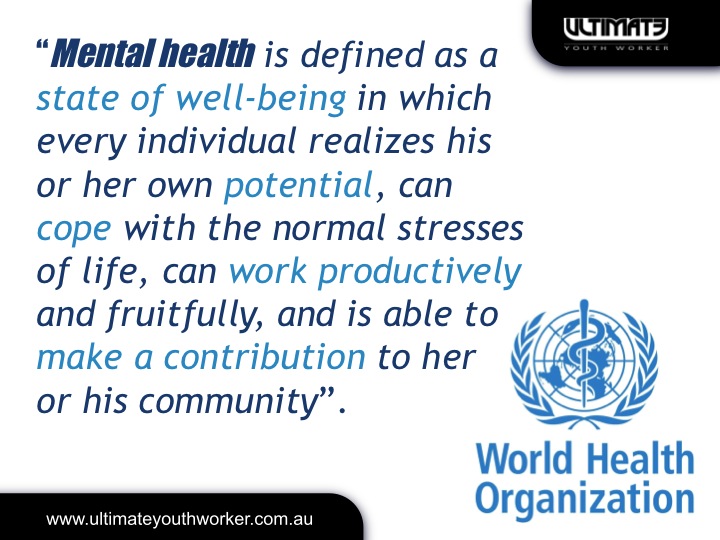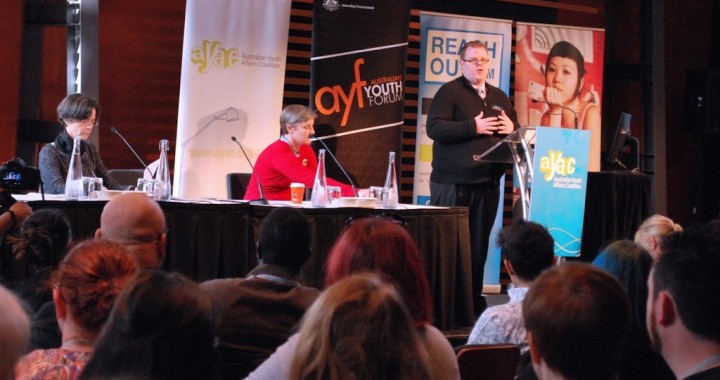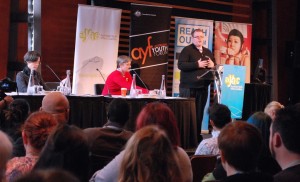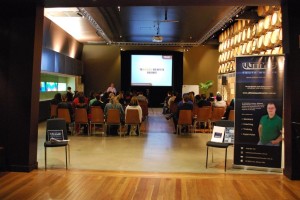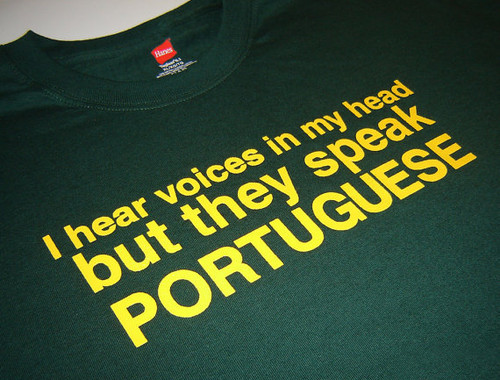We kick off mental health week with the most prevalent of disorders, Anxiety. Anxiety robs people of their ability to cope with the turmoil of everyday situations. It robs them of the ability to reach their potential. Most of all it robs them of life. When we speak of anxiety as a brain disorder we are not speaking of the everyday anxieties we feel when we have to do something like driving in heavy traffic or speaking in front of a group. We are speaking of the crippling anxieties that some of us feel that stop us from living life to the full.
When our thinking becomes so disordered by anxiety we cannot do even the most basic tasks. We cannot get out of bed, leave the house or even hold a conversation. Our ability to think clearly and rationally is basically gone. Your limbic system takes control and your primal fight or flight instincts kick in. your frontal lobe, the part of the brain that orders rational thought, has been overridden. All the fears and failures you can imagine are now in control of your thought and actions. You are now in a state of complete primal anxiety.
Add to all of this the fact that adolescence is already a time of storm and stress and we have a setting that is ready to ignite. Our young people are already experiencing changes in their brains which they are struggling to deal with and on top of that anxiety is nipping at their heals. Any strength that they had to face the daily challenges of being an adolescent is torn away to deal with their anxieties. Grades, relationships, groups, fears, all of these and more conspire against our young people. They set them up for worry and dread.
As youth workers we often provide a first point of contact for young people to address their anxieties. By developing a trusting relationship where young people can confide in us their fears we can support them to begin a journey of recovery. Understanding the triggers, diagnosis and treatment options available to our young people assists us to guide them through the maze of service provision to find the right support options for them. It gives them back the strength they need to beat their anxiety.
